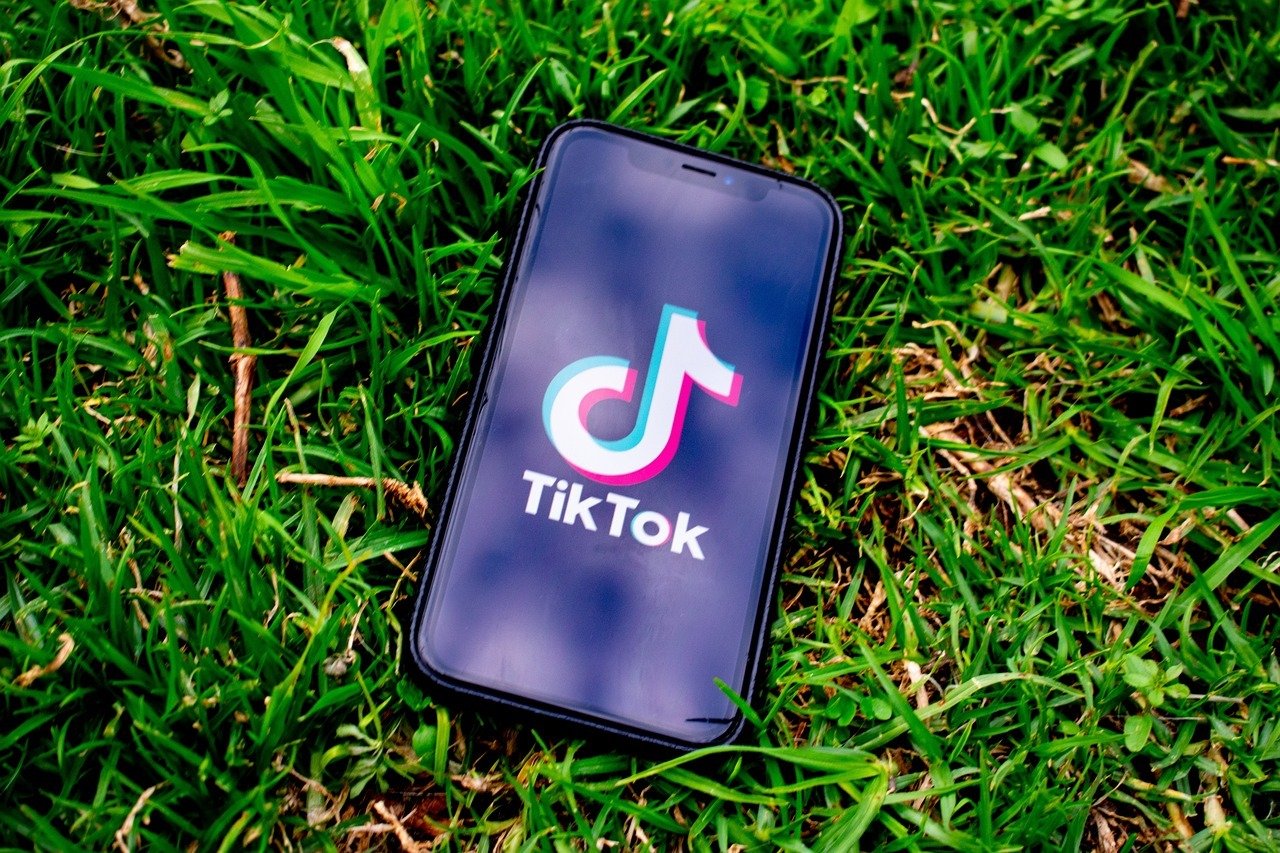Carlos Taylhardat | April 2025
TikTok isn’t just about dance trends — it’s at the center of a global clash over security, speech, and sovereignty. As Congress weighs banning the app, Americans are left asking: is this about protecting data or controlling narratives?
Context: TikTok Under Fire
TikTok, the app known for viral dances and comedy clips, is now at the epicenter of a U.S.–China standoff. Behind the filters and looping soundbites lies a deeper tension over national security, free speech, and who controls the digital public square.
TikTok’s parent company, ByteDance, is based in China. In an age of digital surveillance, lawmakers warn that user data — browsing habits, location history, even biometric information — could be accessed by Beijing. Meanwhile, millions of young users defend TikTok as their creative outlet and news source, dismissing Washington’s fears as political theater. (Related reading: Civil Rights or Political Theater?)
In March 2024, the U.S. House passed a bill requiring ByteDance to sell TikTok to a non-Chinese company or face a ban. Supporters frame this as a matter of sovereignty; critics see a precedent for censorship. The real question: is the fear about data — or influence?

Narrative One: National Security Threat
For lawmakers like Rep. Mike Gallagher and Sen. Marco Rubio, TikTok represents a Trojan horse. They point to China’s 2017 National Intelligence Law, which compels companies to cooperate with government data requests. With 170 million American users, TikTok’s reach makes it a prime concern.
“We must protect American data from authoritarian regimes. TikTok is a Trojan horse in our digital walls.” — Rep. Mike Gallagher (R-WI)
“We cannot allow Beijing to weaponize social media against our citizens.” — Sen. Marco Rubio (R-FL)
Supporters of the ban argue that only a forced sale or full removal can ensure safety. They warn that manipulation through algorithms — subtle changes to what Americans see and share — is as dangerous as data theft.
Narrative Two: Free Speech and Digital Censorship
Opponents of the ban argue that targeting TikTok is less about security and more about control. They point out that U.S. platforms like Facebook and Google also mishandle data, yet Congress has never seriously considered banning them. Why TikTok?
“If you don’t like TikTok or don’t want your kids on it, delete it. But don’t trample on the Constitution to do it.” — Sen. Rand Paul (R-KY)
“This isn’t about security. It’s about control — and fear of a platform that isn’t theirs.” — Evan Greer, Director of Fight for the Future
Critics stress TikTok’s cultural importance. From music to politics, it has become a global stage for youth expression. To ban it, they argue, would be to silence millions and set a precedent for future restrictions.
Narrative Three: Algorithms and Influence
The overlooked story is the algorithm itself. In China, the domestic version — Douyin — promotes science experiments, educational clips, and limits screen time for minors. In the U.S., TikTok pushes endless entertainment and risky trends. The contrast fuels suspicion: is this cultural design — or deliberate influence?
TikTok, then, is less about ownership than about design. Unless lawmakers demand algorithmic transparency, simply shifting control from Beijing to Boston may not change how the app shapes young minds.
Key Takeaways
- TikTok faces U.S. pressure to sell or face a ban.
- National security advocates see ByteDance as a data risk.
- Free speech defenders warn of censorship and double standards.
- The algorithm itself may be the bigger issue than ownership.
Questions This Article Answers
- Why is TikTok considered a security threat?
Because of ByteDance’s Chinese ownership and legal obligations to share data with Beijing. - What do critics of the ban argue?
They say it stifles free speech and ignores similar issues with U.S. tech giants. - How is Douyin different from TikTok?
Douyin promotes education and limits use; TikTok in the U.S. emphasizes entertainment and engagement. - What’s the “silent story” here?
The real issue may be algorithms that reward addiction, regardless of ownership. - How does this tie to the new TikTok deal?
See our follow-up: Trump and Xi Strike TikTok Deal
Sources & Related Reading
- ByteDance Official Statement
- U.S. House Bill Text – TikTok Sale Mandate
- EFF – TikTok Ban Concerns
- NYT: The Cultural Power of TikTok
- Pew Research: TikTok as a News Source
Carlos Taylhardat is the founder of 3 Narratives News, a platform dedicated to presenting multiple perspectives on every story.
Your point of view caught my eye and was very interesting. Thanks. I have a question for you.
Thank you for your sharing. I am worried that I lack creative ideas. It is your article that makes me full of hope. Thank you. But, I have a question, can you help me?
Can you be more specific about the content of your article? After reading it, I still have some doubts. Hope you can help me.
Thank you, your article surprised me, there is such an excellent point of view. Thank you for sharing, I learned a lot.
Thank you, your article surprised me, there is such an excellent point of view. Thank you for sharing, I learned a lot.
Thanks for sharing. I read many of your blog posts, cool, your blog is very good.
[…] clock is ticking. The USMCA, North America’s trade pact, faces a mandatory review in 2026, with the U.S. and […]
[…] The Clock Is Ticking: TikTok, Truth, and the Future […]
[…] The Clock Is Ticking: TikTok, Truth, and the Future […]